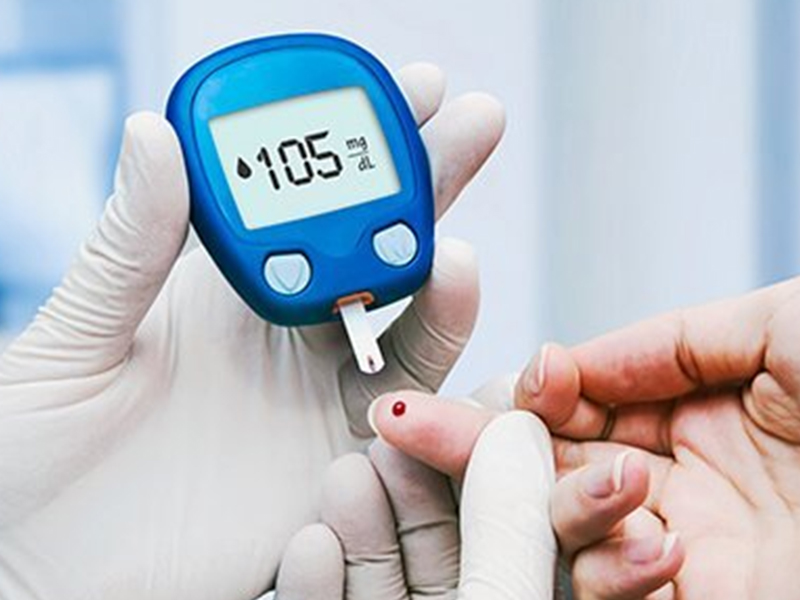Service
Diabetes

Diabetes is a group of metabolic diseases characterized by high blood sugar levels, either due to insufficient insulin production or the body's inability to effectively use insulin. This can lead to damage to various organs over time. There are several types of diabetes, with type 1 and type 2 being the most common.
Key aspects of diabetes
Elevated Blood Sugar
Diabetes results in high blood glucose (blood sugar) levels.
Insulin's Role
Insulin, a hormone produced by the pancreas, regulates blood glucose. In diabetes, either the pancreas doesn't produce enough insulin, or the body's cells don't respond properly to it.
Types of Diabetes
- Type 1 Diabetes : An autoimmune disease where the body's immune system attacks and destroys insulin-producing cells in the pancreas.
- Type 2 Diabetes : The most common type, often linked to lifestyle factors like obesity and physical inactivity. The body either doesn't produce enough insulin or the cells become resistant to its effects.
- Gestational Diabetes : Develops during pregnancy and usually resolves after childbirth.
Symptoms
Symptoms can include increased thirst and urination, unexplained weight loss, increased hunger, blurry vision, and fatigue.
Complications
Long-term, uncontrolled diabetes can lead to serious complications like heart disease, nerve damage (neuropathy), kidney disease (nephropathy), and eye problems (retinopathy).
Management
Diabetes can be managed through lifestyle changes like diet and exercise, medication (including insulin), and regular blood sugar monitoring.
Diagnosis
Diabetes is diagnosed through blood tests, including fasting plasma glucose, A1C, and oral glucose tolerance tests.
